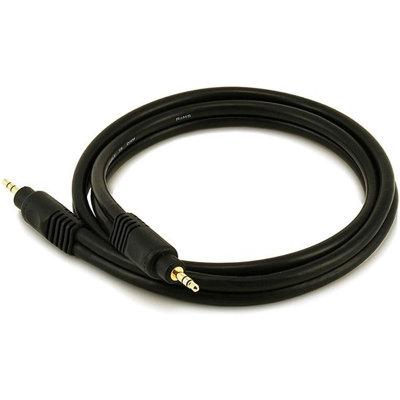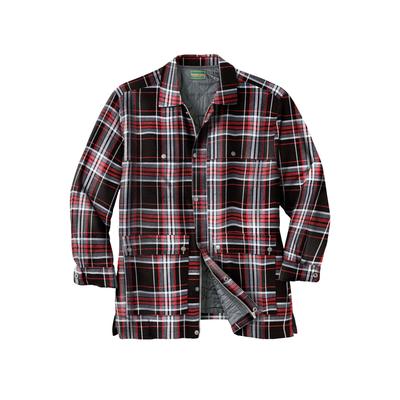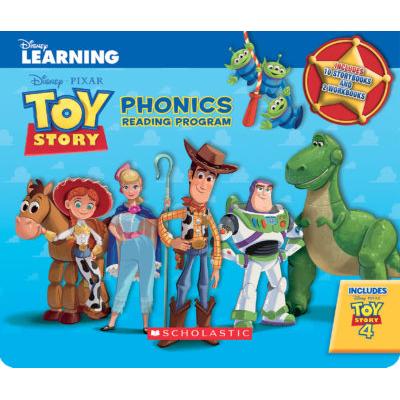Going abroad? Skip cash, take your cards!

These days, people prefer to pay by card than cash. It’s safer and requires less hassle. For example, you can pay for your stay at a hotel with your credit, debit, or travel currency card, instead of counting notes in front of the hotel staff, and when strangers see the money you have, you can get stuck in the danger of robbery. Here are five best alternatives to cash that you can take along on your next overseas trip.
ATM/Debit Cards
Unless you overdraw your account, a debit card withdrawal won’t charge you for doing so in a foreign country. However, with every payment made from ATM or debit card, you’ll be charged a currency conversion fee. In addition, you will have to pay a small overseas payment fee for every payment made using your debit card.
Credit Cards
You can use a credit card almost anywhere for purchase and withdrawal purposes. Most hotels and restaurants throughout the world accept credit card payments, making it easy for you to pay for your food and stay while traveling overseas. To save interest, some providers offer customers to pre-load accounts with the money required during the trip. Also, for some, their savings for travel can go low; so it might suit them to pay with a credit card, pay the interest and clear the entire amount later. For those, who need not worry about breaking the bank for their travels, can skip this one.
Dynamic Currency Conversion (DCC)
DCC or Dynamic Currency Conversion allows a hotel, shop or restaurant to charge you in the local currency with your card. This way, you might be charged some additional fees for the service, but it’s better than carrying a big fat bundle of cash, right? Alternatively, you can use your MasterCard or Visa card for making payment overseas. Many international banks offer the travel money service. So check with your bank before landing on the location, as this can save both effort and time.
Prepaid Travel Currency Cards
Offered by several banks and money exchange companies, travel money cards give you numerous advantages over carrying cash while traveling overseas. While loading money into the card, you have the option to lock in the exchange rate. You can use the card both for withdrawing money from ATMs and for direct payments. Unlike debit and credit cards, you do not have to pay a yearly charge. Some of the fees that you need to pay using a travel currency card are ATM withdrawal fees, exchange rate conversion fees, loading fees, and reloading fees.
Traveler’s Checks
Some people still use the old-fashioned way of going cashless while traveling. Ever since the emergence of credit and debit cards, the popularity of travelers’ checks had subsided greatly. However, there are some benefits of carrying this old-fashioned payment method. In the case of a theft or misplacement, the provider can replace travelers’ checks and some foreign exchange providers even refund an unused check at no extra cost.
Recent Articles
Recent Questions
What kind of life insurance builds cash value?
The rest of the premium payment will go toward your policy's cash value. The life insurance company generally invests this money in a conservative-yield investment. As you continue to pay premiums on the policy and earn more interest, the cash value grows over the years.
What is meant by insurance plans?
An insurance plan is the one that consists of a premium amount and other components used in getting a product insured. There may be various types of insurance plans with varying terms and policies.
What are the common components of insurance?
The most important components of most insurance plans are the premium and the contract. Anything written in the contract becomes its crucial component.
What are the various types of insurance policies?
There are various kinds on insurance policies that are available on various assets. Auto, health, commercial vehicle, and travel insurance are some of the popular types of insurance policies.








